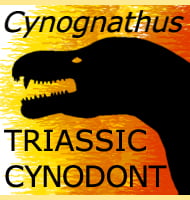Megawhaitsia
In Depth Megawhaitsia is a genus of therocephalian therapsid that lived in Russia during the Permian. At the time of its description, Megawhaitsia is only known from a single portion of maxilla, the tooth bearing bone of the upper jaw. However, reconstructions of the skull of Megawhaitsia based upon scaling to the maxilla have revealed … Read more
